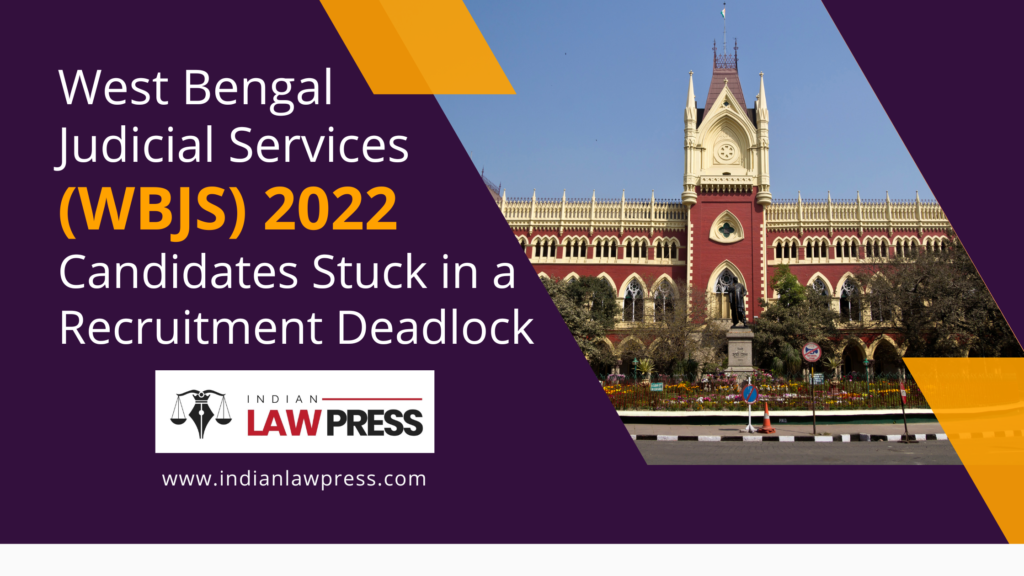The Supreme Court has permitted a group of candidates, including Public Prosecutors and Government Advocates, to provisionally appear for the Chhattisgarh Judicial Service Preliminary Examination 2024. Learn about the court’s reasoning, eligibility criteria, and its impact on future judicial service aspirants.
In a significant relief for several law professionals, the Supreme Court of India on Friday allowed certain candidates to provisionally appear for the Chhattisgarh Judicial Service Examination scheduled on September 21, 2024.
A Bench led by Chief Justice of India B.R. Gavai, along with Justices K. Vinod Chandran and N.V. Anjaria, directed the Chhattisgarh Public Service Commission (CGPSC) to issue provisional permission to those petitioners who meet all eligibility criteria except one — the requirement of being enrolled as an advocate at the time of the vacancy notification.
Why the Candidates Were Initially Denied Admit Cards
The dispute arose because the CGPSC notification required candidates to be:
- Law graduates, and
- Enrolled as Advocates under the Advocates Act, 1961 on the date of the recruitment advertisement (December 23, 2024).
However, Public Prosecutors and Government Advocates, by law, are required to suspend their Bar enrolment when they accept government appointments. As a result, their enrolment status was technically inactive, and CGPSC refused to issue them admit cards.
These candidates challenged the decision in the Chhattisgarh High Court, which dismissed their petitions on September 16, 2024. They subsequently approached the Supreme Court seeking urgent relief, as the preliminary exam date was fast approaching.
Supreme Court’s Directions
The Supreme Court, while granting interim relief, made the following key directions:
- Provisional Appearance Allowed: Petitioners fulfilling all other qualifications (except active Bar enrolment) can appear in the exam.
- No Automatic Right: The Court clarified that this order will not create any “equities” in their favour, meaning their appearance does not guarantee selection.
- Three-Year Practice Requirement Not Applicable: The Bench directed CGPSC not to insist on three years of practice experience, since the recruitment notification was issued before the Supreme Court’s May 20, 2024 judgment, which introduced the three-year practice requirement for fresh law graduates in judicial service exams.
Background: May 20 Judgment on Judicial Services Eligibility
In its May 20, 2024 judgment, the Supreme Court mandated that candidates must have at least three years of legal practice to be eligible for entry-level judicial service examinations. This decision aimed to ensure that new judges have practical courtroom exposure before joining the judiciary.
However, the Court also clarified that this requirement would not apply to recruitment processes that were already initiated before May 20, 2024 — which covers the current Chhattisgarh recruitment process.
Impact on Judicial Aspirants
This ruling is significant for:
- Public Prosecutors & Government Advocates, who are often required to suspend Bar enrolment for service appointments.
- Law Graduates who were worried about losing a chance to sit for exams due to technical eligibility barriers.
- Future Judicial Service Examinations, as it reaffirms that notifications issued before May 2024 are not affected by the three-year practice rule.
For judicial aspirants, this case highlights the importance of closely tracking eligibility requirements, notification dates, and recent court judgments, as they can directly impact exam eligibility.
Key Takeaways for Students
- Always check recruitment rules and amendments before applying for judicial services.
- If disqualified due to technical grounds, explore legal remedies, as courts may grant relief where fairness demands it.
- Keep track of major Supreme Court and High Court judgments on judicial service eligibility to avoid surprises during recruitment cycles.
Also Read: Supreme Court Says No: Judicial Service Experience Won’t Count as Law Practice





